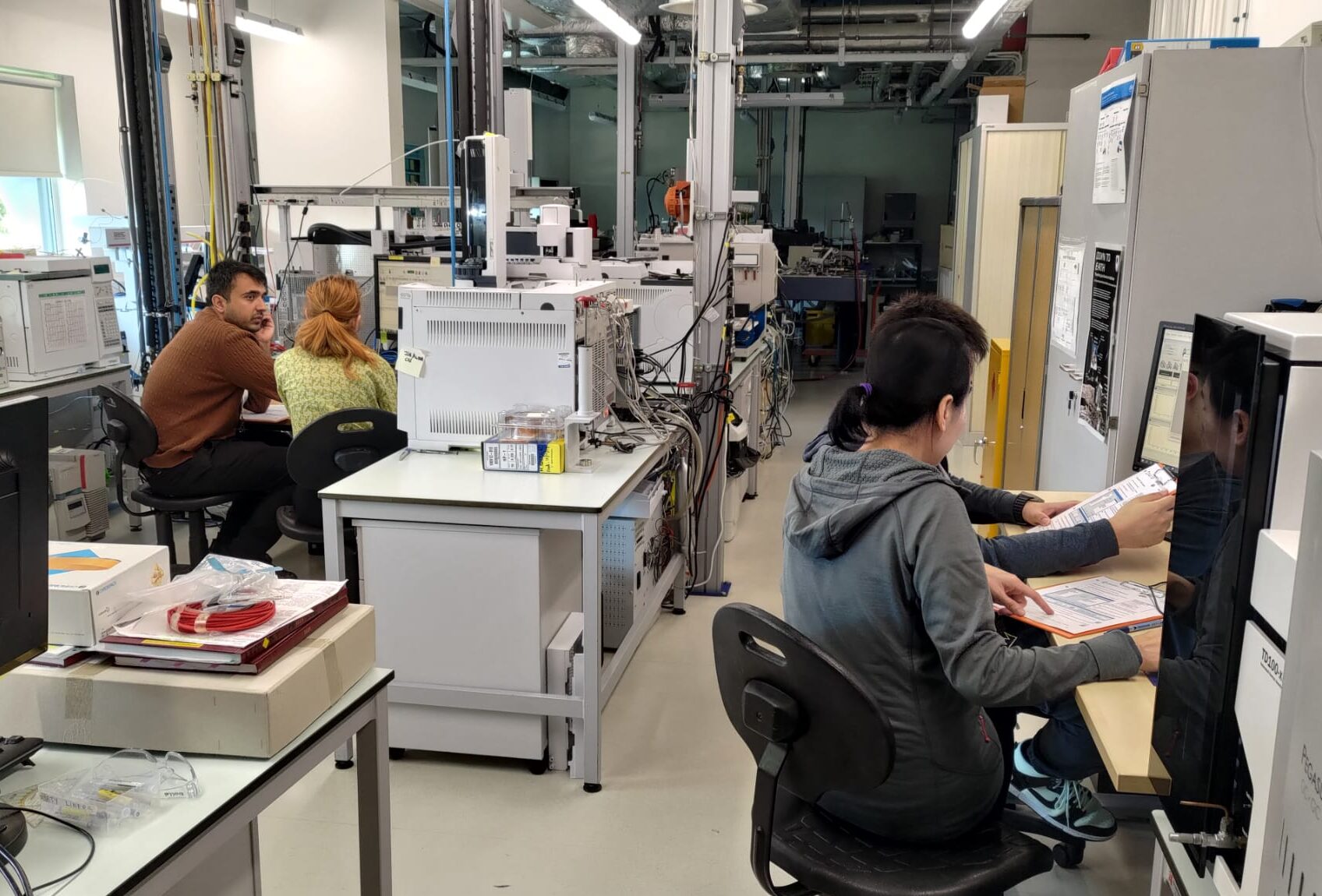Comprehensive GC-MS (Agilent QQQMS with MassHunter)

- Duration: 5 days for face-to-face 19.50 hours for Virtual Classroom training
- Experience level: Intermediate
- Delivery methods: Blended learning | Onsite training & consultancy | Tailored training |
- Type of course: Manufacturer specific
- Applicable to manufacturer(s): Agilent |
- CPD Approved: Approved
- Scheduled course price: £2,425.00 + TAX per delegate
- Course discounts: RSC CAMS HEaTED members receive a discount on this course

What will you learn on this course?
The five-day Comprehensive GC-MS training course introduces the fundamental theory of GC-MS/MS along with the operation, maintenance and troubleshooting of the Agilent GC Triple Quadrupole Mass Spectrometer using MassHunter software.
This course includes an introduction to MS/MS, triple quadrupole mass spectrometry and troubleshooting; hardware configuration; MS tuning; data acquisition in scan, selected ion monitoring (SIM), SRM & MRM modes; qualitative & quantitative data analysis; reports; sequencing; Retention Time Locking; an introduction to deconvolution; and method maintenance.
The course will train the operator to perform the maintenance required to ensure the smooth running of the instrument. The course also discusses the principles of troubleshooting by examining the effects of faults in the system on the chromatographic output. This course includes troubleshooting and maintenance focusing on tunes & diagnostics, GC considerations, vacuum system, ion source, triple quadrupole mass filter, collision cell and MS detector.
It combines a mixture of classroom based presentations with hands-on hardware and software lab exercises, to give you comprehensive training.
Learning outcomes
- You will learn the theory & principles of MS/MS mass spectrometry focusing on the triple quadrupole GC-MS
- You will become familiar with the Agilent triple quadrupole Mass Spectrometer instrumentation learning about the function & operation of individual components
- You will gain knowledge of the important MS parameters
- You will gain practical experience of performing the maintenance of each MS component including the vacuum system, ion source, quadrupole mass filters, collision cell & detector
- You will learn the strategies and gain practical experience of instrument troubleshooting
- You will learn the operation of the MassHunter software
- You will learn installation, set-up and get an overview of the software
- You will learn about the types of tuning methods, undertake air/water checks & an autotune then interpret the results
- You will learn the steps in developing an MRM method
- You will learn how to create full scan and MRM methods to gain an understanding of each method type
- You will learn how to analyse individual samples and create sequences for analysing multiple samples
- You will undertake qualitative data analysis including library searching and deconvolution
- You will undertake quantitative data analysis creating calibration curves and producing appropriate sample reports
- You will have an introduction to deconvolution and learn retention time locking
- You will perform data analysis on MS/MS data
- You will learn about method maintenance
Who is this course for?
This course is primarily for analysts and technicians responsible for the operation, maintenance and troubleshooting of Agilent triple quadrupole GC-MS instruments using MassHunter software.

